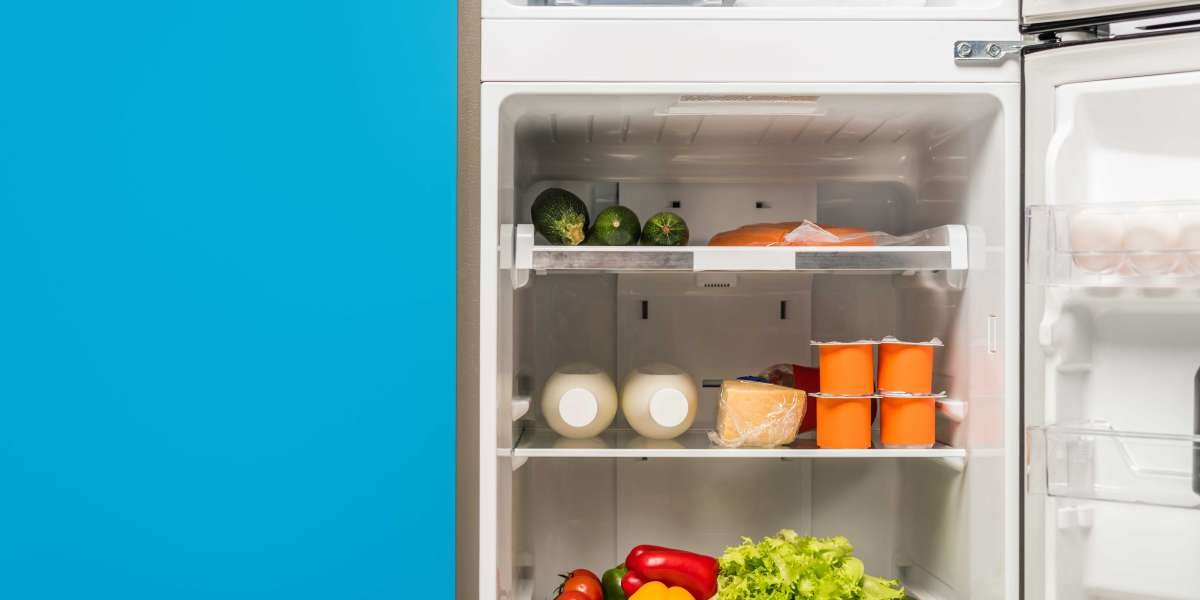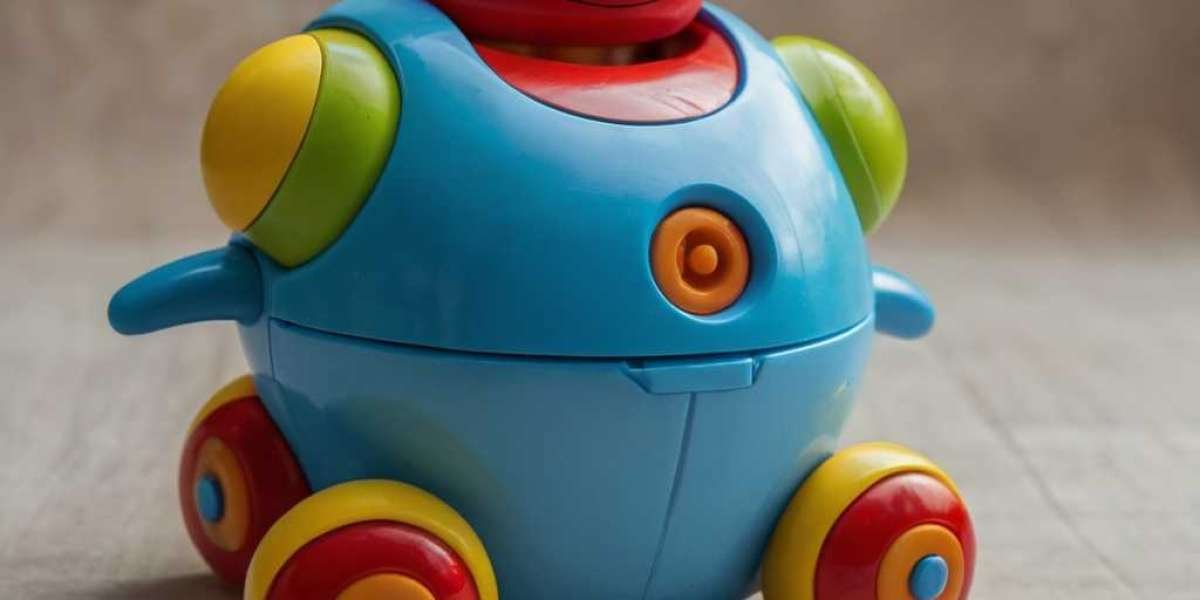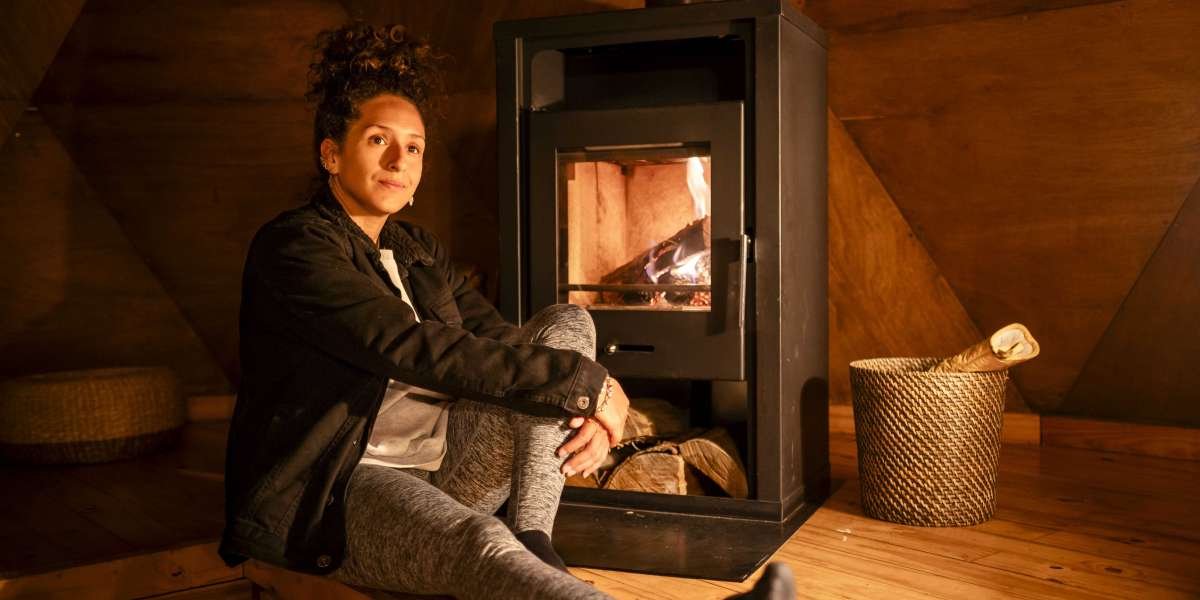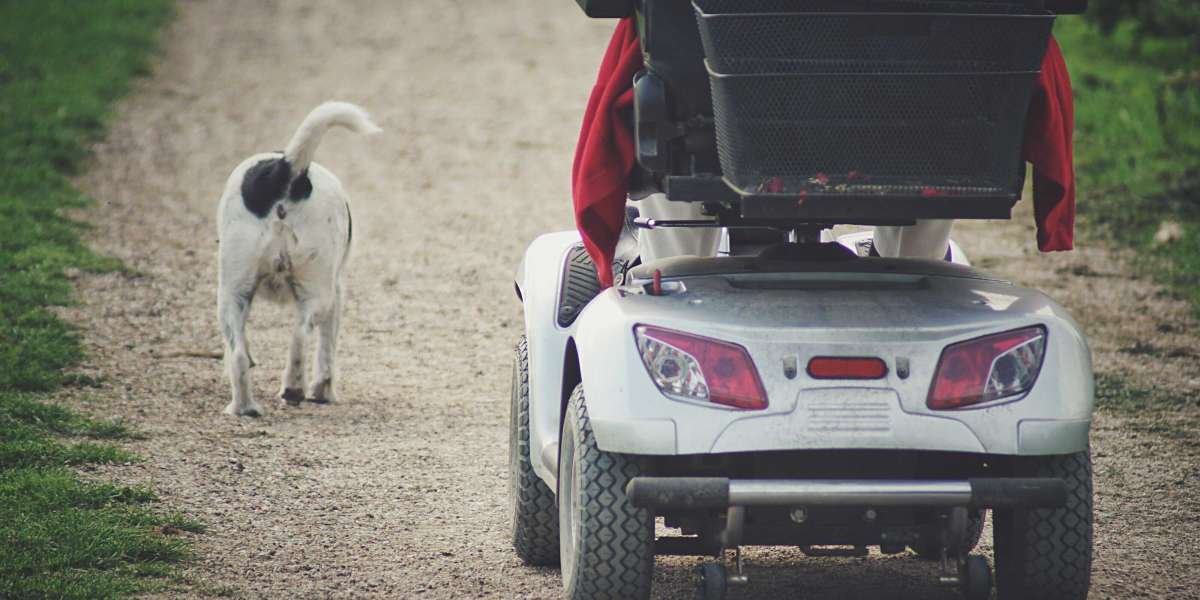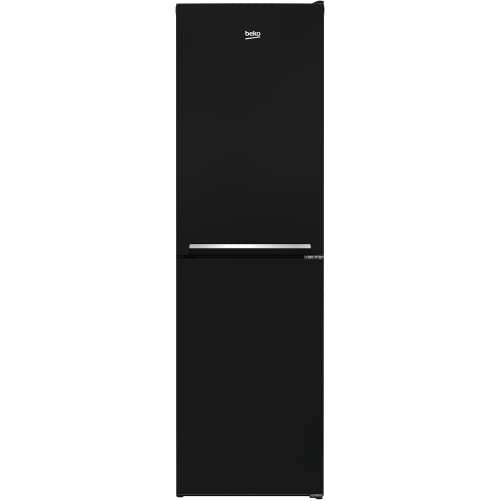
In the modern kitchen, few appliances are as indispensable as the refrigerator and freezer. These two devices have revolutionized how we store food, extend its shelf life, and maintain its freshness and quality. This article delves into the history, functions, and maintenance of refrigerators and freezers, providing a comprehensive guide to these everyday essentials.
History of Refrigeration
The concept of refrigeration dates back thousands of years, with early civilizations using natural ice and snow to preserve food. However, the modern refrigerator and freezer as we know them today have their roots in the 19th century. The first practical refrigerator was invented by Jacob Perkins in 1834, but it wasn't until the 20th century that refrigeration technology became widely accessible to the general public.
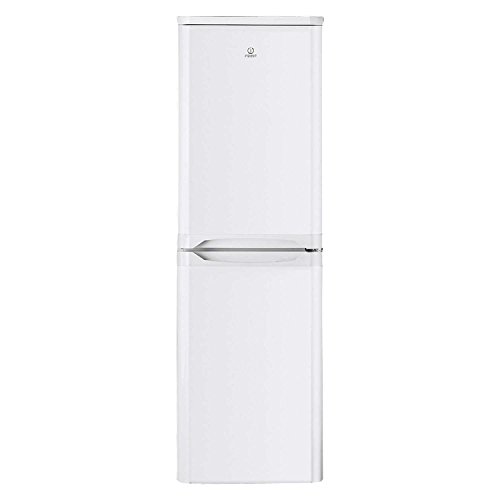
- 1834: Jacob Perkins invents the first practical refrigerator.
- 1856: James Harrison patents the first mechanical ice-making machine.
- 1913: Fred W. Wolf invents the first home electric refrigerator.
- 1927: General Electric introduces the "Monitor-Top" refrigerator, the first widely available home unit.
- 1940s: Freezers become a separate appliance, allowing for the long-term storage of frozen foods.
Functions of Refrigerators and Freezers
Refrigerators and freezers serve distinct but complementary functions in food preservation and storage. Understanding these functions can help users make the most of their appliances.
Refrigerator:
- Temperature Control: Refrigerators maintain a temperature of about 4°C (39°F) to keep food fresh without freezing it.
- Food Preservation: They slow down the growth of bacteria and other microorganisms, extending the shelf life of perishable items like fruits, vegetables, dairy, and meats.
- Energy Efficiency: Modern refrigerators are designed to be energy-efficient, with features like auto defrost and smart temperature sensors.
Freezer:
- Temperature Control: Freezers operate at a much lower temperature, typically around -18°C (0°F), to freeze food and prevent microbial growth.
- Long-Term Storage: They are ideal for storing foods that need to be kept frozen for extended periods, such as ice cream, frozen vegetables, and meat.
- Energy Efficiency: Like refrigerators, modern freezers are designed to be energy-efficient, with features like frost-free technology and multi-airflow systems.
Types of Refrigerators and Freezers
There are several types of refrigerators and freezers available on the market, each suiting different needs and preferences.
Refrigerators:
- Top-Freezer: The most common type, with the freezer compartment on top and the refrigerator on the bottom.
- Bottom-Freezer: The freezer compartment is located at the bottom, often accessible via a pull-out drawer.
- Side-by-Side: Features a vertical split between the refrigerator and freezer compartments.
- French-Door: A variation of the side-by-side design, with a bottom freezer drawer.
Freezers:
- Upright Freezers: Resemble top-freezer refrigerators and are space-efficient.
- Chest Freezers: Have a top-opening door and are known for their energy efficiency and large storage capacity.
- Compact Freezers: Smaller units suitable for apartments or small kitchens.
Choosing the Right Appliance
When selecting a refrigerator or freezer, several factors should be considered to ensure the best fit for your needs.
- Size and Capacity: Measure the available space in your kitchen and consider the size of your household to determine the appropriate capacity.
- Energy Efficiency: Look for appliances with high Energy Star ratings to reduce electricity consumption and save on utility bills.
- Features: Consider additional features such as water and ice dispensers, adjustable shelves, and built-in temperature controls.
- Budget: Set a budget and compare prices to find the best value for your money.
Maintenance and Care
Proper maintenance is crucial to keep refrigerators and freezers functioning efficiently and to extend their lifespan.
Regular Cleaning:
- Wipe down the interior with a solution of mild soap and water.
- Clean the exterior with a soft cloth and a gentle cleaner.
- Defrost the freezer if it is not frost-free to prevent ice buildup.
Temperature Settings:
- Ensure the refrigerator is set to 4°C (39°F) and the freezer to -18°C (0°F).
- Use a thermometer to check the temperature, especially after a power outage.
Ventilation:
- Leave a small gap around the appliance to ensure proper air circulation.
- Avoid blocking the vents with items.
Filter Maintenance:
- For refrigerators with water and ice dispensers, replace the water filter regularly.
- Check the air filter (if applicable) and clean or replace it as needed.
Door Seals:
- Inspect the door seals for leaks and replace them if necessary.
- Ensure doors close properly to maintain the temperature inside the appliance.
FAQs
Q: How often should I clean my refrigerator and freezer?A: It is recommended to clean the interior of your refrigerator and freezer at least once every three months. Frequent cleaning can help prevent odors and ensure optimal performance.
Q: What is the best way to defrost a freezer?A: For non-frost-free freezers, turn off the appliance, remove all food, and allow the ice to melt naturally. Use towels to absorb the water and clean the interior once the ice has melted. For frost-free freezers, regular cleaning should suffice.
Q: Can I store hot food in the refrigerator or freezer?A: No, it is best to let hot food cool to room temperature before placing it in the refrigerator or freezer. Storing hot food can raise the internal temperature of the appliance and fridge uk affect the freshness of other items.
Q: How long will my refrigerator and freezer last?A: With proper maintenance, a refrigerator can last 10-15 years, and a freezer can last 15-20 years. Regular cleaning and maintenance can help extend their lifespan.
Q: What should I do during a power outage?A: During a power outage, keep the doors of the refrigerator and freezer closed to maintain the internal temperature. A full freezer can keep food frozen for about 48 hours, while a partially full freezer can maintain its temperature for about 24 hours.
Tips for Optimal Use
To get the most out of your refrigerator and freezer, follow these tips:
Organize Your Food:
- Use clear containers or labels to keep track of what you have.
- Store similar items together to optimize space and make it easier to find what you need.
Maximize Space:
- Use shelf organizers and bins to make the most of the available space.
- Place frequently used items in easily accessible locations.
Avoid Overloading:
- Don't overload the shelves, as this can obstruct airflow and reduce efficiency.
- Leave some space around items to allow for proper cooling.
Monitor for Leaks:
- Check for leaks around the door seals regularly.
- Replace seals if they show signs of wear or damage.
Environmental Impact
Refrigerators and freezers consume a significant amount of energy, making it important to consider their environmental impact.
Energy Efficiency:
- Look for appliances with high Energy Star ratings to reduce energy consumption.
- Regular maintenance can help keep your appliance running efficiently.
Disposal:
- When disposing of an old refrigerator or freezer, choose a certified recycling center to ensure it is handled responsibly.
- Some manufacturers offer take-back programs for old units.
Refrigerators and freezers are vital components of modern kitchens, providing essential functions for food storage and preservation. By understanding their history, functions, and proper maintenance, users can ensure these appliances continue to serve their needs efficiently and effectively. Whether you are choosing a new appliance or maintaining an existing one, the tips and information provided in this article can help you make the most of your refrigerator and freezer.
Final Thoughts
In a world where food safety and sustainability are increasingly important, the role of refrigerators and freezers cannot be overstated. By investing in quality appliances and practicing good maintenance habits, you can enjoy fresh, safe, and delicious meals while also contributing to a more sustainable lifestyle.
